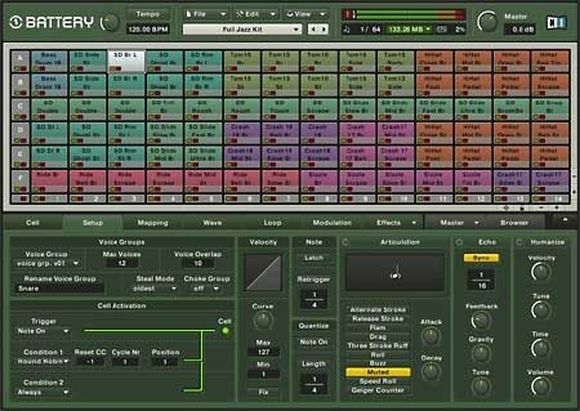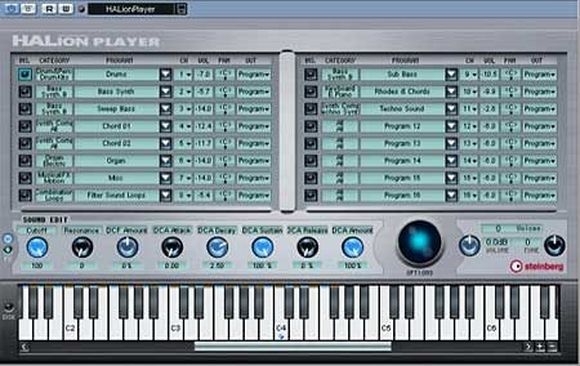5. Sampler or Sample-Player?
In addition to samplers with sampling capabilities, there's also the option of sample players, which do not have the ability to record sounds themselves. If you don't value the ability to capture sounds from your surroundings and your own instruments for your music, then a more affordable sample player may be the best choice. There are countless sample libraries available that cover almost every sound category (see also the Sound Libraries guide). Another advantage of sample players is that the devices or software are primarily designed for easy operation, with playback as the main purpose. This can positively influence your workflow when making music. Sounds can be found using the built-in search function and loaded within seconds. Even though the creative sound design using your own samples is eliminated, depending on the sample player, whether hardware or software, sounds can often be brought to life through creative parameters such as filters, LFOs in combination with modulation sources, etc.
Sample-Player
Sample players are increasingly available as software instruments that stay within the computer interface. The advantage, as with their larger sibling, is that the sounds can be in higher resolutions, encompassing much larger amounts of data, and load much faster thanks to the hard drive or internal memory. This is an invaluable advantage on stage: during the era of the Yamaha TX16W, load times of up to 5 minutes for a simple piano were not uncommon but rather the norm. Quick sound changes were out of the question.
Sampler/Software sampler

Native Instruments Battery
Fresh, original sounds can only be created by you. If you value having a unique sound profile, you won't be able to do without a sampler with the ability to record your own sounds. With it, you can experiment to your heart's content. Whether it's kitchenware, Grandma's dulcimer, or snippets of sound from Dad's Blue Note record collection, sampling can be the crucial spark for your own music. With self-made sounds, you showcase not only the exploration of new cadences and harmonic structures but also the courage to have fresh ideas. It's almost a mandatory practice for musicians. Prices, especially for software samplers, have plummeted in recent years while the possibilities of sound design have exploded. With newer samplers, you can filter, chop up, slice, synchronize to the tempo of your music, and much, much more with your own recordings.



